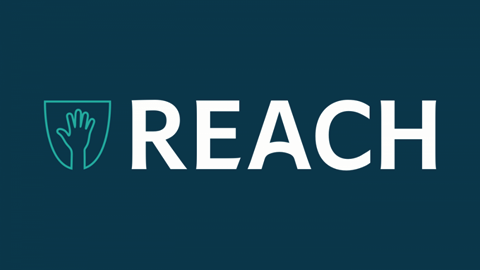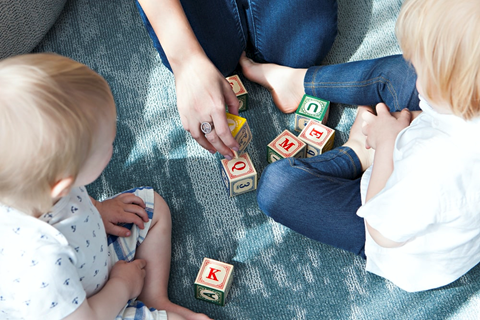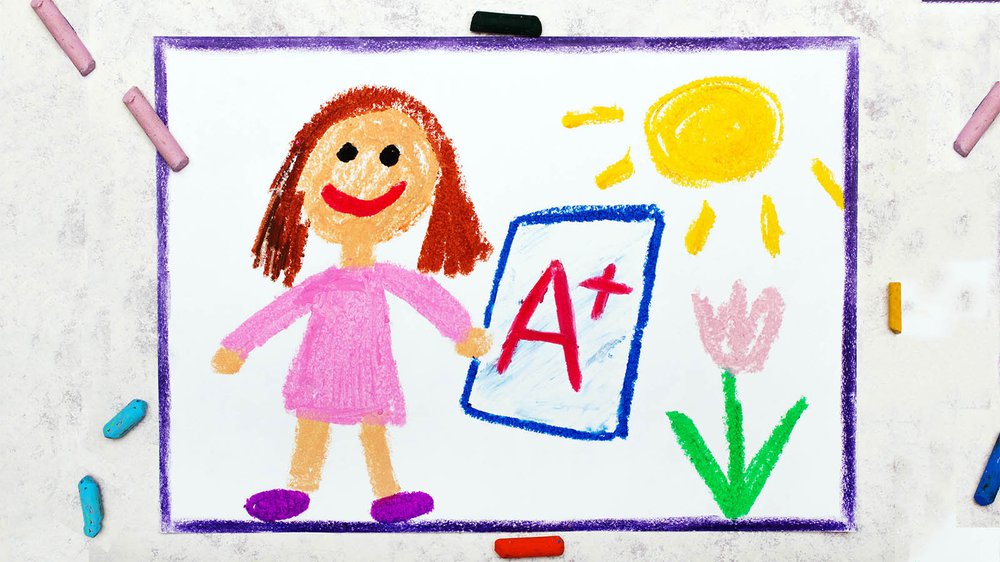New York City schools change traditional grading system in response to Covid-19 – By Alec Snyder, CNN
New York City officials unveiled a new grading policy for students across its public schools on Tuesday, in light of the coronavirus impact on the city's education system.
The plan, released in a nine-slide presentation by the state's Department of Education, varies by age and leaves open the possibility of virtual summer schooling for underperforming students.
The goal, officials said, is to keep students engaged during this continued time of remote learning and to provide additional support to students that need it to keep them on track.
"Every student is going to get the help they need," New York City Mayor Bill de Blasio said, adding, students who can't demonstrate a mastery of their subjects will be assisted through the spring, summer and into the fall, if needed, to get back on track.

NYC Mayor Bill de Blasio
Americans Cancel Education Plans – By Emma Whitford, Inside Higher Ed
An estimated 28 million Americans have canceled their education plans due to the coronavirus pandemic, according to an ongoing Strada Education Network survey. And nearly one in five Americans have changed their education plans.
"We expect this is a wide range of formal and informal education activities," Dave Clayton, senior vice president for consumer insights at Strada, said in an email. "As we prepare for economic downturn, everyone's wondering about the implications for education -- we don’t fully know the impact yet, but we're tracking this closely. What we do know so far, based on this survey and our historic surveys, is that Americans want to see direct career benefits from their education."
The longitudinal survey has wrapped up its fifth week and has garnered more than 5,000 responses. Each week Strada, an education and employment research nonprofit, asks respondents about their job security, income and general feelings of anxiety about the virus. It also includes questions on educational attainment and future education plans.
The number of Americans who intend to enroll in postsecondary education in the next five years has declined slightly since 2019, the survey report notes, from 53 percent to 49 percent. However, where they will enroll has changed. Fewer Americans are looking at programs through their employer and instead are turning to online programs, community colleges, trade programs and four-year colleges and universities.

Tulane-affiliated education group gets federal grant to study schools’ response to COVID-19 nationwide – By Marta Jewson, The Lens
The National Center for Research on Education Access and Choice — based at Tulane University — will study how traditional, charter, and private schools across the country are responding to the coronavirus, according to a Tuesday press release.
The research will be funded by a $100,000 grant from the U.S. Department of Education’s Institute of Education Sciences, an extension of REACH’s founding grant. Doug Harris heads the organization, which was created to examine school choice across the country. He also runs the Education Research Alliance for New Orleans, a group that focuses on charter schools and their performance locally.
“After the crisis hit, we just started to think of what’s the most useful thing we can do,” Harris said in an interview Tuesday. “We have all these papers in the hopper … but we just sort of put everything on the shelf. What can we do in the short-term to be helpful?”
With schools shuttered across the country, the study will analyze instructional delivery, how students are interacting with teachers, what types of software they are using and how long students are expected to work. REACH will also use other federal student data and census data, and be able to compare educational expectations across regions, type of school — traditional, charter or private — and socioeconomic status of students.

Michigan pledges $130 million to keep child care providers open – By Koby Levin, Chalkbeat
Michigan will distribute $130 million to child care providers to help them weather the coronavirus crisis.
Providers can begin applying for grants today, according to a statement from Gov. Gretchen Whitmer. While some child care centers rely on state funding that has continued during the pandemic, many others operate as private businesses that can’t survive long without payment from families, many of whom are staying home to prevent the spread of the new coronavirus.
Whitmer said during a press conference that the grants will ensure child care centers “have resources they need to reopen for Michigan’s workforce when the recovery process begins and grows, when more families are in need.”
Michigan’s education department will distribute the money, $100 million of which comes from the federal coronavirus relief package and $30 million from the state’s child care fund.












